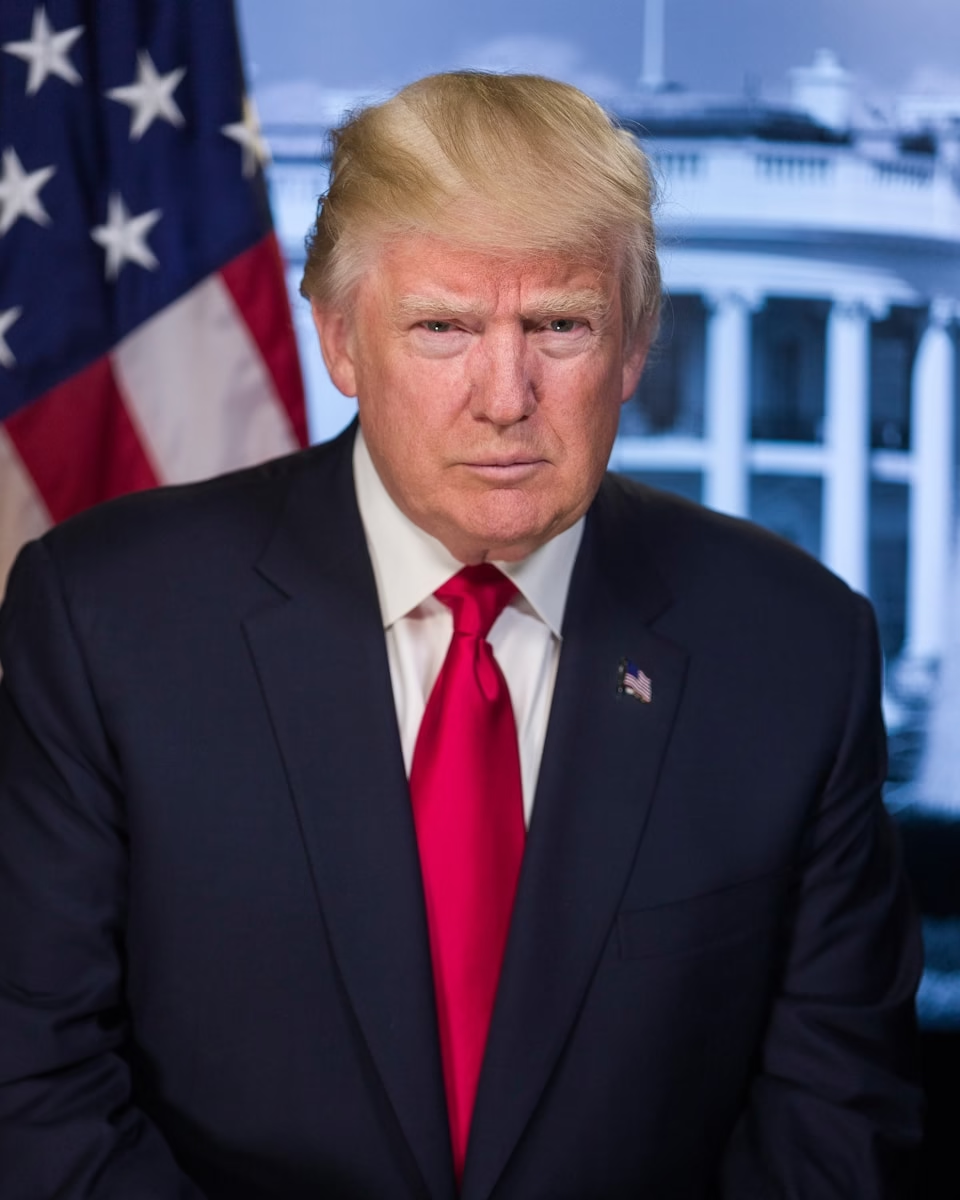Key Takeaways
• Former special counsel Jack Smith warned about weaponizing justice against foes
• He spoke at University College London about equal process in prosecutions
• Smith cited cases involving classified documents, a mayor, and an ex-FBI chief
• He stressed that outcome-driven moves undermine trust in the justice system
Former special counsel Jack Smith spoke at University College London. He warned that some leaders now push to win cases at any cost. In his view, this trend amounts to weaponizing justice. He argued that such tactics harm democracy and public trust.
Smith opened by recalling his first lesson as a prosecutor: finish every investigation. He said knowing the full facts lets you anticipate any defense move. He added that thorough work shows fairness, not bias. Therefore, he argued, you must never aim just for a quick win.
Smith’s Early Lessons on Fair Prosecution
Smith noted that mentors taught him “no fear, no favor.” In other words, he should treat every side equally. He said doing the right thing matters more than politics. Also, he stressed that proper process proves a case’s legitimacy.
He said, for instance, if someone is driven only by a desired outcome, suspicion is natural. Smith explained that outcome-focused moves have no place in honest prosecutions or judicial work. As a result, he urged future leaders to resist that temptation.
Signs of Weaponizing Justice in Recent Cases
In his talk, Smith pointed to three examples that signal weaponizing justice. First, he mentioned the case against New York’s mayor. He said many critics saw it as a bid to influence the mayor’s stance on national politics. He found no past example of such a move in his long DOJ career.
Second, he discussed a Defense Department probe. He explained that some officers used an encrypted app to share secret war plans. According to Smith, every prior administration would open an investigation in that scenario. Yet, he claimed, no thorough inquiry followed this time. That, he said, shows a shift toward selective enforcement.
Third, he analyzed the ex-FBI director’s indictment attempts. Smith described how officials scrambled to charge James Comey just before a deadline. He said career prosecutors saw no solid basis for the case. Instead, they rushed a prosecutor with no criminal background. In his view, that rush smacked of process ignored in favor of a result.
Why Weaponizing Justice Matters
Smith warned that weaponizing justice erodes the rule of law. He said, when leaders pick and choose targets, everyone loses faith in fairness. Moreover, he argued that such tactics risk harming innocent people and public servants alike.
He also noted the damage to national unity. For example, citizens seeing law enforcement as a political tool feel divided. Consequently, trust in elections, courts, and investigations drops. That can lead to unrest and weaken democracy.
Finally, Smith pointed out that a politicized justice system can backfire. He said a future leader might use the same tools against today’s supporters. Thus, weaponizing justice threatens long-term stability.
Lessons for Future DOJ Actions
Smith urged the Justice Department to return to core values. First, he said, investigators should follow facts without fear or favor. Second, he called for clear policies that apply equally to everyone. Third, he recommended regular training on ethical standards for all prosecutors.
He also stressed transparency. Smith argued that open reporting on major decisions builds public trust. He encouraged publishing summaries of high-profile cases, while still protecting sensitive details. By doing so, the DOJ can show fairness and accountability.
In addition, Smith advised leaders to welcome internal checks. He said veteran career staff often catch early signs of bias. Therefore, giving them a strong voice helps prevent outcome-driven moves. That step, he believes, will curb attempts at weaponizing justice.
Conclusion
Jack Smith’s urgent call at UCL highlighted a growing threat: leaders wielding the justice system as a political weapon. By recalling his early lessons, he painted a stark contrast with today’s practices. He warned that, without equal process, public trust will vanish. To safeguard democracy, Smith urged a return to nonpartisan, fact-based prosecutions. Only then can justice truly serve all citizens.
FAQs
What does weaponizing justice mean?
Weaponizing justice means using courts or prosecutions for political gain. It occurs when leaders push cases to achieve certain outcomes rather than seek the truth.
Why did Jack Smith speak about this at UCL?
He chose University College London to reach future leaders. In his view, teaching fair prosecution methods can prevent the justice system from becoming a political tool.
Which cases showed weaponizing justice?
Smith pointed to the New York mayor’s case, a Defense Department probe with classified information, and the rushed attempt to indict a former FBI director.
How can the DOJ avoid weaponizing justice?
The department can stick to facts, apply rules equally, boost transparency, and empower career prosecutors to flag any signs of bias.
